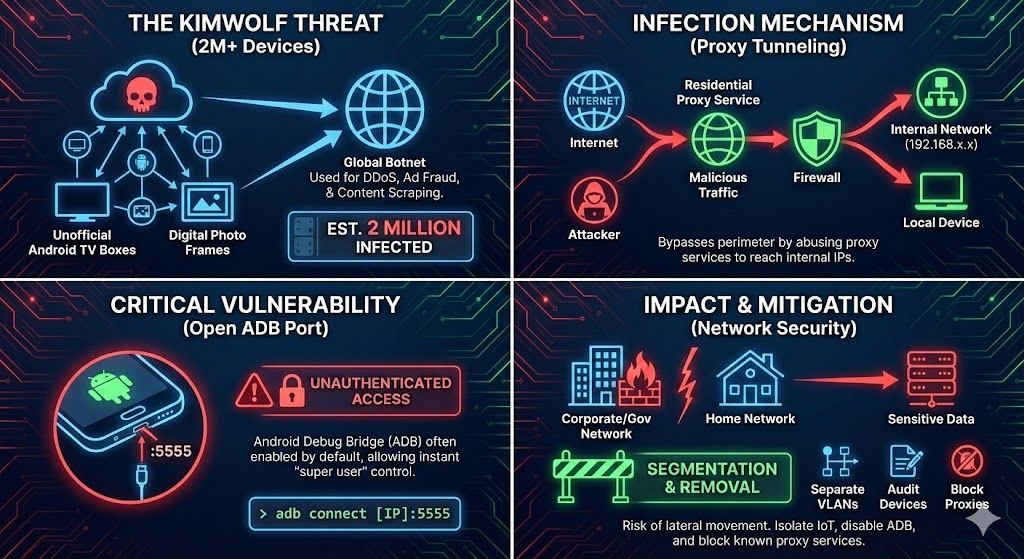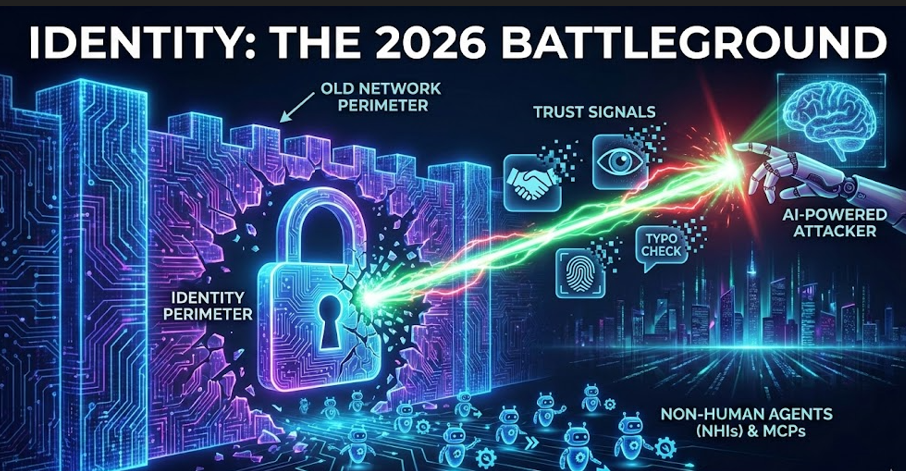U.S. cybersecurity giant F5 has suffered a significant security breach, disclosing that a sophisticated nation-state threat actor infiltrated its corporate network. The attackers made off with a trove of sensitive data, including portions of the source code for F5's flagship BIG-IP product and, more critically, information about unpatched security vulnerabilities.
According to a Bloomberg report, the intrusion lasted for at least a year and has been attributed to UNC5221, a cyber espionage group with ties to China. The attackers reportedly used a malware family known as BRICKSTORM to maintain persistent access.
F5 discovered the breach on August 9, 2025, but delayed its public announcement at the request of the U.S. Department of Justice (DoJ) to support an ongoing investigation.
Company Response and Customer Impact
F5 has initiated a full-scale incident response, bringing in cybersecurity firms Mandiant and CrowdStrike to assist with containment and investigation. The company has taken extensive remedial actions, including:
- Rotating all credentials, signing certificates, and keys.
- Strengthening access controls and deploying advanced threat monitoring tools.
- Implementing additional security layers within its product development environment.
F5 stated the attack did not compromise its CRM, financial, or customer support systems. However, it acknowledged that files stolen from a knowledge management platform contained configuration or implementation details for a "small percentage of customers." The company is currently reviewing the exfiltrated data and will notify impacted customers directly.
For protection, all users are strongly advised to immediately apply the latest security updates for BIG-IP, F5OS, and related F5 products.
CISA Issues Emergency Directive
The severity of the breach prompted the U.S. Cybersecurity and Infrastructure Security Agency (CISA) to issue Emergency Directive 26-01. The directive mandates that all Federal Civilian Executive Branch agencies take immediate action to mitigate the "imminent threat."
CISA warned that with the stolen source code and vulnerability data, the "nation-state affiliated cyber threat actor has a technical advantage to exploit F5 devices and software." This access could allow the attackers to discover new zero-day flaws and develop targeted exploits before patches are available.
Federal agencies are required to:
Inventory all F5 BIG-IP products on their networks.
Ensure no networked management interfaces are accessible from the public internet.
Apply the newly released F5 security patches by October 22, 2025.
Submit a full report to CISA by October 29, 2025.
Michael Sikorski, CTO at Palo Alto Networks' Unit 42, emphasized the danger. "In this case, they also stole information on undisclosed vulnerabilities that F5 was actively working to patch," he said. "This provides the ability for threat actors to exploit vulnerabilities that have no public patch, potentially increasing speed to exploit creation."




